How 2020 shook the global economy – Excerpts from the newly published book by Adam Tooze
The Guardian published an excerpt from Adam Tooze’s new book, “Shutdown: How Covid Shook the World’s Economy.”
Tooze describes and reconstructs the phase since and through the outbreak of the pandemic in political, social and especially economic terms, very clearly and comprehensibly – it reads like an illustration of what Daniel Schmachtenberger explains from an evolutionary-philosophical point of view.
Here are just a few short excerpts from the article, we recommend the book (see below) and the Guardian article, the – longer – passages that we have translated from the article can be found here.
“If one word could sum up the experience of 2020, it would be disbelief. Between Xi Jinping’s public acknowledgment of the coronavirus outbreak on 20 January 2020, and Joe Biden’s inauguration as the 46th president of the United States precisely a year later, the world was shaken by a disease that in the space of 12 months killed more than 2.2 million people and rendered tens of millions severely ill. Today the official death tolls stands at 4.51 million. The likely figure for excess deaths is more than twice that number. The virus disrupted the daily routine of virtually everyone on the planet, stopped much of public life, closed schools, separated families, interrupted travel and upended the world economy.
To contain the fallout, government support for households, businesses and markets took on dimensions not seen outside wartime. It was not just by far the sharpest economic recession experienced since the second world war, it was qualitatively unique. Never before had there been a collective decision, however haphazard and uneven, to shut large parts of the world’s economy down. It was, as the International Monetary Fund (IMF) put it, “a crisis like no other”.
(…)
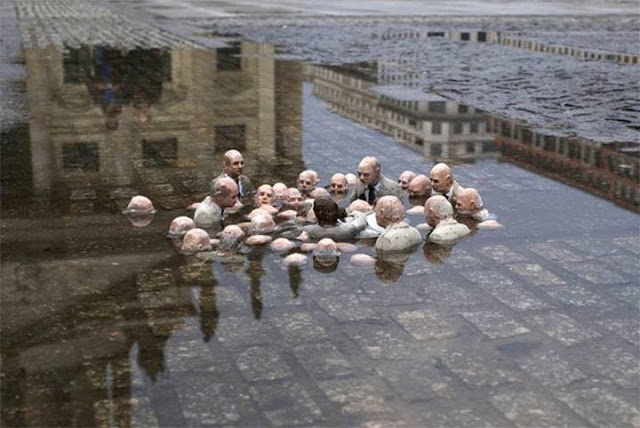
In the 1990s, the answer to most political questions had seemed simple: “It’s the economy, stupid.” As economic growth transformed the lives of billions, there was, Margaret Thatcher liked to say, “no alternative”. That is, there was no alternative to an order based on privatisation, light-touch regulation and the freedom of movement of capital and goods. As recently as 2005, Britain’s centrist prime minister Tony Blair could declare that to argue about globalisation made as much sense as arguing about whether autumn should follow summer.
By 2020, globalisation and the seasons were very much in question. The economy had morphed from being the answer to being the question.
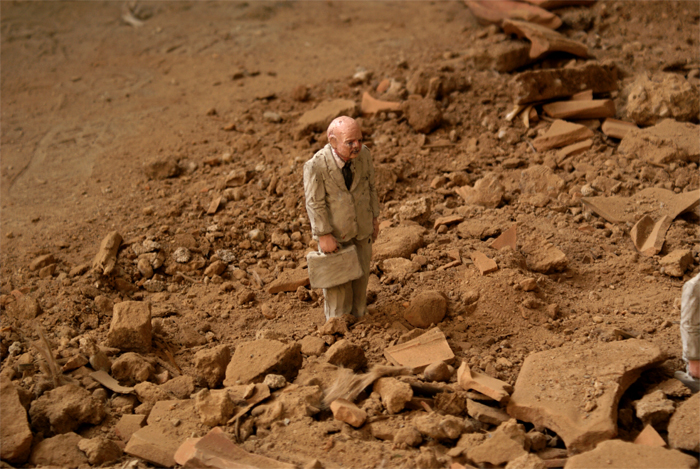
(…)
The widespread adoption of the term “lockdown” is an index of how contentious the politics of the virus would turn out to be. Societies, communities and families quarrelled bitterly over face masks, social distancing and quarantine. The entire experience was an example on the grandest scale of what the German sociologist Ulrich Beck in the 80s dubbed “risk society”. As a result of the development of modern society, we found ourselves collectively haunted by an unseen threat, visible only to science, a risk that remained abstract and immaterial until you fell sick, and the unlucky ones found themselves slowly drowning in the fluid accumulating in their lungs.
One way to react to such a situation of risk is to retreat into denial. That may work. It would be naive to imagine otherwise. Many pervasive diseases and social ills, including many that cause loss of life on a large scale, are ignored and naturalised, treated as “facts of life”. With regard to the largest environmental risks, notably the climate crisis, one might say that our normal mode of operation is denial and willful ignorance on a grand scale.
Facing up to the pandemic was what the vast majority of people all over the world tried to do. But the problem, as Beck said, is that getting to grips with the really large-scale, all-pervasive risks that modern society generates is easier said than done. It requires agreement on what the risk is. It also requires critical engagement with our own behaviour, and with the social order to which it belongs. It requires a willingness to make political choices about resource distribution and priorities at every level. Such choices clash with the prevalent desire of the last 40 years to depoliticise, to use markets or the law to avoid such decisions.
This is the basic thrust behind neoliberalism, or the market revolution – to depoliticise distributional issues, including the very unequal consequences of societal risks, whether those be due to structural change in the global division of labour, environmental damage, or disease.
Coronavirus glaringly exposed our institutional lack of preparation, what Beck called our “organised irresponsibility”. (also see our article here). It revealed the weakness of basic apparatuses of state administration, like up-to-date government databases. To face the crisis, we needed a society that gave far greater priority to care. Loud calls issued from unlikely places for a “new social contract” that would properly value essential workers and take account of the risks generated by the globalised lifestyles enjoyed by the most fortunate.
(…)
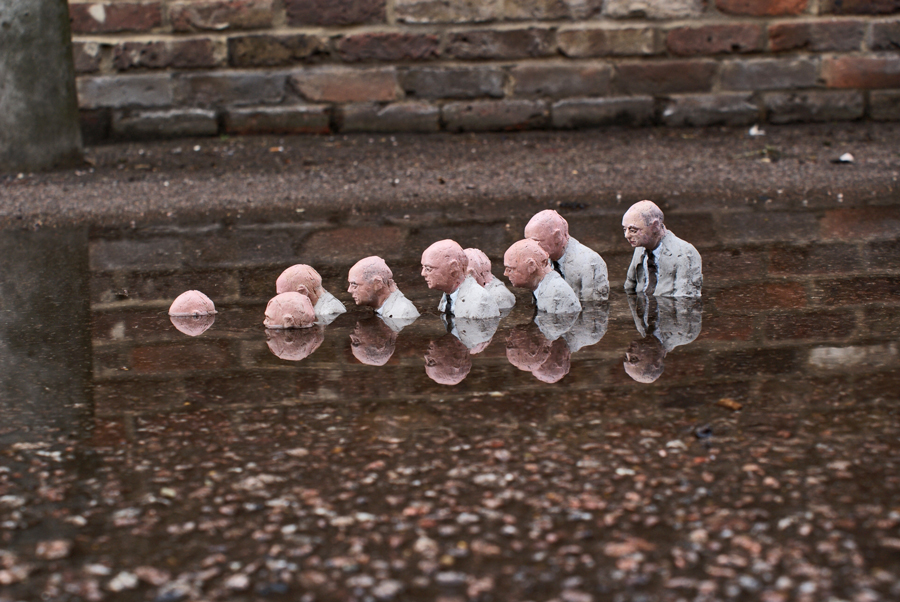
It was hard to avoid the sense that a turning point had been reached. Was this, finally, the death of the orthodoxy that had prevailed in economic policy since the 80s? Was this the death knell of neoliberalism? As a coherent ideology of government, perhaps. The idea that the natural envelope of economic activity – whether the disease environment or climate conditions – could be ignored or left to markets to regulate was clearly out of touch with reality. So, too, was the idea that markets could self-regulate in relation to all conceivable social and economic shocks. Even more urgently than in 2008, survival dictated interventions on a scale last seen in the second world war.Advertisement
All this left doctrinaire economists gasping for breath. That in itself is not surprising. The orthodox understanding of economic policy was always unrealistic. In reality, neoliberalism had always been radically pragmatic. Its real history was that of a series of state interventions in the interests of capital accumulation, including the forceful deployment of state violence to bulldoze opposition. Whatever the doctrinal twists and turns, the social realities with which the market revolution had been entwined since the 1970s all endured until 2020. The historic force that finally burst the dykes of the neoliberal order was not radical populism or the revival of class struggle – it was a plague unleashed by heedless global growth and the massive flywheel of financial accumulation.
(…)
The scale of stabilising interventions in 2020 was impressive. It confirmed the basic insistence of the Green New Deal that if the will was there, democratic states did have the tools they needed to exercise control over the economy. This was, however, a double-edged realisation, because if these interventions were an assertion of sovereign power, they were driven by crisis. As in 2008, they served the interests of those who had the most to lose. This time, not just individual banks but entire markets were declared too big to fail. To break that cycle of crisis and stabilising, and to make economic policy into a true exercise in democratic sovereignty, would require root-and-branch reform. That would require a real power shift, and the odds were stacked against that.Advertisement
The massive economic policy interventions of 2020, like those of 2008, were Janus-faced. On the one hand, their scale exploded the bounds of neoliberal restraint and their economic logic confirmed the basic diagnosis of interventionist macroeconomics back to Keynes. When an economy was spiralling into recession, one did not have to accept the disaster as a natural cure, an invigorating purge. Instead, prompt and decisive government economic policy could prevent the collapse and forestall unnecessary unemployment, waste and social suffering.
(…)
These interventions could not but appear as harbingers of a new regime beyond neoliberalism. On the other hand, they were made from the top down. They were politically thinkable only because there was no challenge from the left and their urgency was impelled by the need to stabilise the financial system. And they delivered. Over the course of 2020, household net worth in the US increased by more than $15tn. Yet that overwhelmingly benefited the top 1%, who owned almost 40% of all stocks. The top 10%, between them, owned 84%. If this was indeed a “new social contract”, it was an alarmingly one-sided affair.
Nevertheless, 2020 was a moment not just of plunder, but of reformist experimentation. In response to the threat of social crisis, new modes of welfare provision were tried out in Europe, the US and many emerging market economies. And in search of a positive agenda, centrists embraced environmental policy and the issue of the climate crisis as never before. Contrary to the fear that Covid-19 would distract from other priorities, the political economy of the Green New Deal went mainstream. “Green Growth”, “Build Back Better”, “Green Deal” – the slogans varied, but they all expressed green modernisation as the common centrist response to the crisis.
(…)
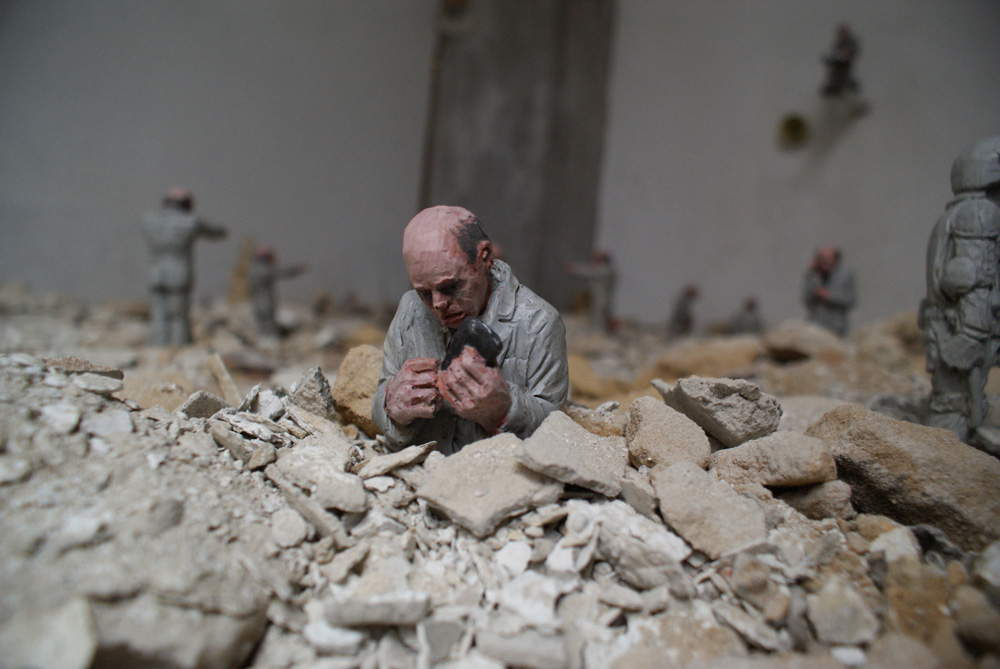
Seeing 2020 as a comprehensive crisis of the neoliberal era – with regard to its environmental, social, economic and political underpinnings – helps us find our historical bearings. Seen in those terms, the coronavirus crisis marks the end of an arc whose origin is to be found in the 70s. It might also be seen as the first comprehensive crisis of the age of the Anthropocene – an era defined by the blowback from our unbalanced relationship to nature.
The year 2020 exposed how dependent economic activity was on the stability of the natural environment. A tiny virus mutation in a microbe could threaten the entire world’s economy. It also exposed how, in extremis, the entire monetary and financial system could be directed toward supporting markets and livelihoods. This forced the question of who was supported and how – which workers, which businesses would receive what benefits or which tax break? These developments tore down partitions that had been fundamental to the political economy of the last half-century – lines that divided the economy from nature, economics from social policy and from politics per se. (…)
As Britain, the US and Brazil demonstrate, democratic politics is taking on strange and unfamiliar new forms. Social inequalities are more, not less extreme. At least in the rich countries, there is no collective countervailing force. Capitalist accumulation continues in channels that continuously multiply risks. The principal use to which our newfound financial freedom has been put are more and more grotesque efforts at financial stabilisation. The antagonism between the west and China divides huge chunks of the world, as not since the cold war. And now, in the form of Covid, the monster has arrived. The Anthropocene has shown its fangs – on an as yet modest scale. Covid is far from being the worst of what we should expect – 2020 was not the full alert. If we are dusting ourselves off and enjoying the recovery, we should reflect. Around the world the dead are unnumbered, but our best guess puts the figure at 10 million. Thousands are dying every day. And 2020 was a wake-up call.
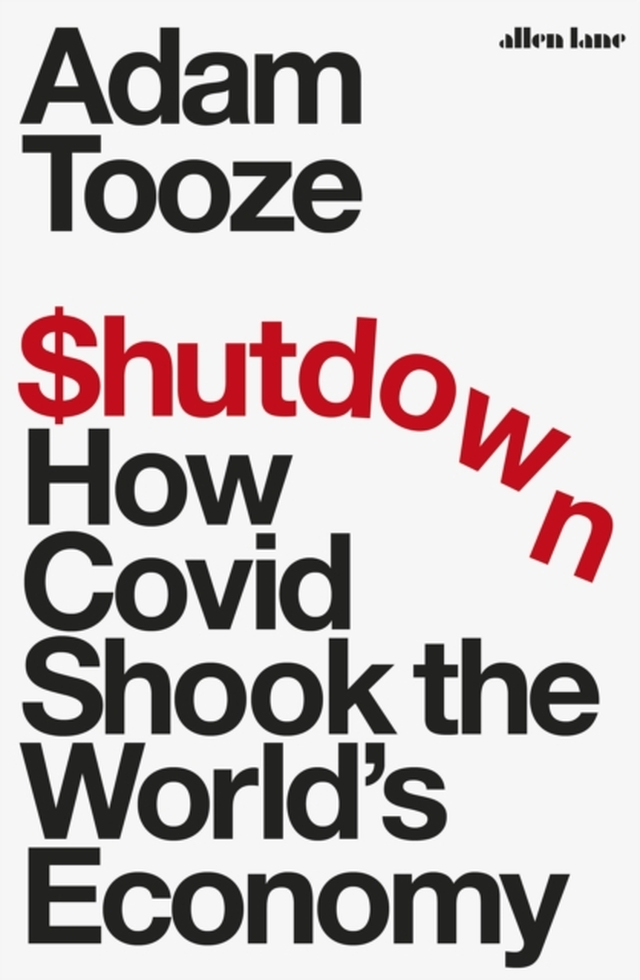
Adapted from Shutdown: How Covid Shook the World’s Economy by Adam Tooze, published by Allen Lane on 7 September. To buy a copy, go to guardianbookshop.com
The Guardian: Follow their “Long Read” on Twitter at @gdnlongread, their podcasts here and sign up to the long read weekly email here.